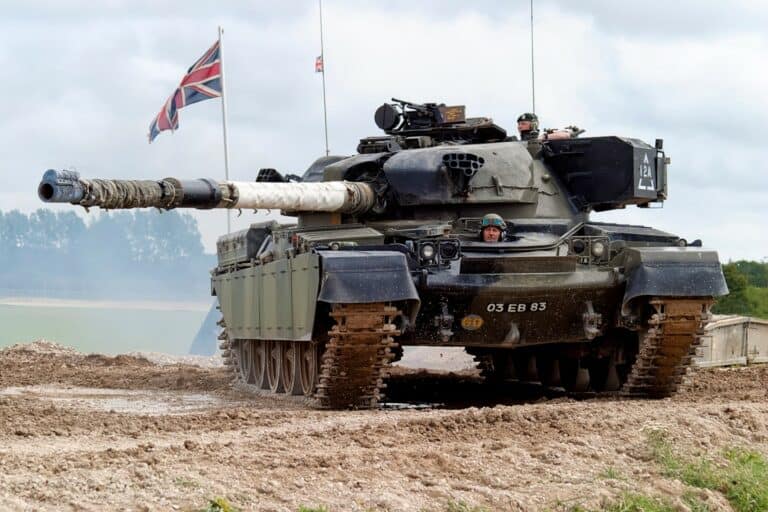
How Non-Freezing Cold Injuries (NFCI) can impact military personnel far beyond a cold snap
With Christmas just around the corner, the weather is getting colder. For a number of military personnel, this change causes a significant amount of anxiety and fear due to injuries they have sustained during their service.
Soldiers often face extreme environmental conditions whilst on operational tour or during training, often working in sub-zero conditions, meaning service personnel are at risk of sustaining a NFCI. For anyone who has sustained an NFCI, navigating everyday life becomes a challenge as even a slight drop in temperature can lead to a great deal of pain.
Between the years 2010-2017, there were at least 3,496 cases of Non-freezing cold injuries (NFCI) amongst service personnel.
What is NCFI?
NFCIs are most commonly sustained when the body is exposed to the wet and cold for prolonged periods of time without sufficient protection.
Unfortunately for a number of soldiers, when deployed on operation they are not provided with appropriate kit, are unable to re-warm when wet, and are not provided with enough spare clothes to properly protect them from the elements, increasing the risk of developing an NFCI.
Soldiers are also not properly advised that they should report if they are suffering from symptoms which are suggestive of an NFCI, and should then be removed from the cold environment to prevent any further damage.
NCFI symptoms
Once an NFCI has developed, it is rare that a full recovery is made.
Sufferers may be left with heightened susceptibility to cold as well as a lack of grip strength or a lack of feeling in hands and feet and pins and needles when exposed to the cold.
This is why it is so important for soldiers to be properly protected and the risk minimised for those that are exposed to cold environments.
NCFI prevention
Unfortunately, the simple preventative measures that can be taken are often overlooked by the chain of command. Measures such as regular foot inspections, training courses and education, and regular rest are forgotten or left out, increasing the risk of developing the life-changing injury.
This debilitating injury is simple to avoid. If proper procedure is followed and appropriate protective equipment provided, the risk of developing a NFCI is reduced greatly.
Soldiers should be educated about the risks of NFCIs as well as how to avoid them. What is often the case is that this training is an afterthought and the seriousness of NFCI injuries are not appreciated by those that are being exposed.
The cost of NCFI in everyday life
NFCIs can also have a financial impact on sufferers due to the need to constantly warm their homes to alleviate their symptoms as best they can. This can lead to drastically increased energy bills, especially given the current cost of living crisis.
Further financial implications can also occur due to the need to purchase cold weather clothes to allow any outdoor activities.
Furthermore, those who suffer with NFCIs can find themselves developing mental health conditions such as depression and anxiety. This can come about due to a reduction in socialising for fear of being exposed to the elements or simply because the individual is no longer able to lead their previous life due to the injury.
For further information about mental health conditions as a result of service in the Army see here.
Medical discharge
The reality and seriousness of an NFCI can completely change a service person’s life. Often, whilst the condition is treatable, many service personnel are medically discharged from the Army as they can no longer complete their job role and there is not a suitable role in the Army that caters to their condition.
Being medically discharged can have a further impact on someone’s mental health and can put them under significant financial pressure. When all these factors are combined, a vicious cycle can start as a result of the failure from the MoD to protect their soldiers.
Help at hand
If you or a loved one has experienced significant exposure to cold environments and is experiencing symptoms of a NFCI from their service in the British Armed Forces, Bolt Burdon Kemp could help you seek the compensation you deserve.
Contact our dedicated military claims solicitors to receive some free legal advice and discuss your case in confidence.










